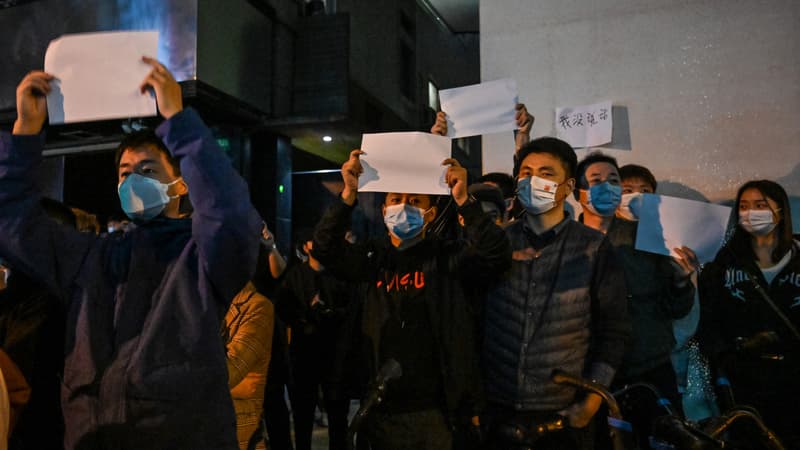Since mid-November, China has experienced numerous demonstrations against the sanitary restrictions linked to Covid-19 and the repeated lockdowns in force in the country. In this explosive context, the Chinese authorities have decided to strengthen the regulation of cyberspace and intensify the repression of dissent. Result: A simple “like” could soon cost Chinese citizens social media followers.
For good reason, on these platforms, and according to a new measure that will take effect on December 15, Internet users in the Middle Kingdom will soon be held accountable and penalized if they like messages deemed “illegal” or “dangerous”. ” reports CNN Business This Wednesday, November 30.
Even more coercive rules
According to this regulation, all websites will now be required to verify the real identity of users before allowing them to send comments or like messages. Users will need to be verified and provide their personal identification number, cell phone number, or social credit number. Additionally, all online platforms will be required to establish a “monitoring and editing team” to monitor, flag or remove controversial content in real time.
Comments on news articles will be subject to review by the sites before they can be published. In addition, all platforms will also have to develop a user rating system based on their comments and likes. Internet users with low ratings, labeled as “rogue”, will be blacklisted and banned from using the platform or registering new accounts. Although the standard does not specify what type of content is considered illegal or harmful.
Coded messages to bypass censorship
So to deal with censorship, Chinese netizens are doubling down on their wits. They take screenshots of protest-related content to store it. They also use coded references in their posts.
Meanwhile, the Chinese authorities are striving to erase any trace of the rebellion from the Internet. Therefore, it is impossible to search for a large Chinese city affected by the demonstrations without being inundated with a torrent of absurd or even pornographic advertisements.
Source: BFM TV


